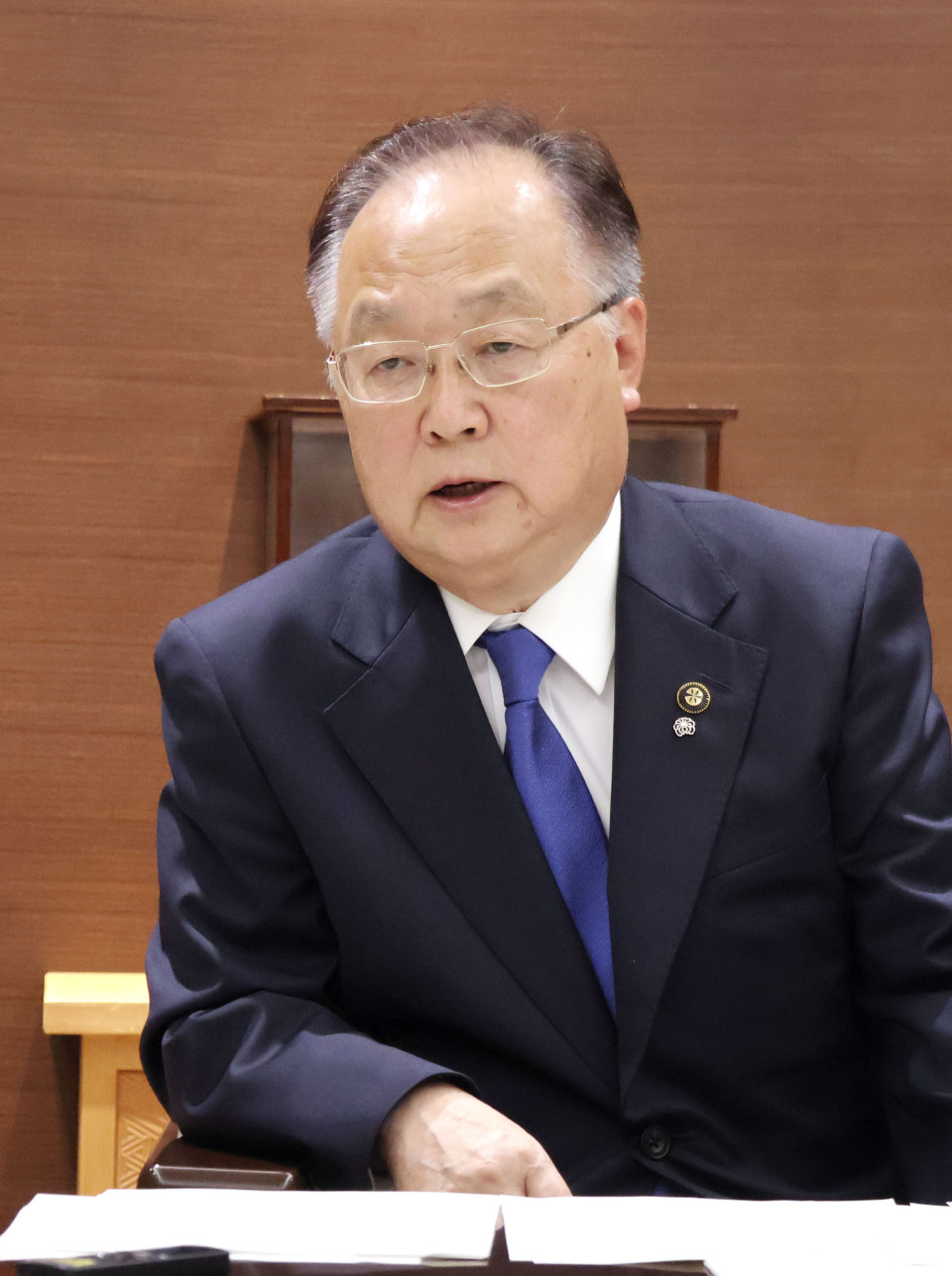Asylum seekers on provisional release in Japan are facing poverty, as insufficient support from the central government has left a heavy burden on local authorities and private aid groups providing them with medical and educational assistance.
Such asylum seekers, who are subject to deportation but exempt from being detained for health or humanitarian reasons, are prohibited from working and cannot access the national health insurance system due to not having residential status.
A revised immigration law that took effect in June limits the number of times foreign nationals can apply for asylum but allows them to reside elsewhere than immigration facilities, following several deaths of illegal immigrants during long-term incarceration.
But the revised measures have drawn criticism from legal experts, who say they raise human rights concerns as they leave asylum seekers without necessary assistance for living outside the facilities.
"My medical expenses have increased by hundreds of times, and I have no prospect of knowing when I can pay them," a Pakistani man in his 50s from Saitama Prefecture said at a free health examination conducted by a nonprofit organization in Gunma Prefecture in June.
He and his family are on provisional release after his request for refugee status was turned down in November. As his residency status was retracted, he cannot work and has been charged in full for his medical expenses to treat a severe chronic disease he suffers from.
Nonprofit organization North Kanto Health Consultation Association has been carrying out health checkups on impoverished people without residency status since 1997 and has examined over 3,000 people.

The group also financially supports people, helping to cover their rent and medical expenses, as well as providing them with food as needed, but it is dependent on donations and contributions from companies to cover costs.
"In some cases, people cannot receive proper treatment, placing their lives at risk," said the NPO's secretary general Masataka Nagasawa, 70.
Local governments are also facing challenges regarding asylum seekers on provisional release having medical issues.
In Kawaguchi, Saitama Prefecture, a city with a large foreign population, 36 percent of unpaid medical expenses at Kawaguchi Municipal Medical Center as of March last year were attributable to non-Japanese patients, including those on provisional release, straining the city's finances, the local government said.
Among elementary and junior high schools in the city that teach the kids of those on provisional release, expenses to cover their school meals and supplies have also become a financial burden, according to a municipal official.
As of May this year, there was a 25-person shortage of Japanese language teachers for foreign children in the area.
To address these difficulties, Kawaguchi Mayor Nobuo Okunoki urged the central government in May to fund the academic fees of children without residency status.

"It's an issue that the state should be taking the lead in tackling but it is pretending not to see the predicament faced by local governments," Okunoki said.
Despite this, the Immigration Services Agency has stuck to the policy, with an agency official saying that the government will not directly provide support to foreigners on provisional release.
"If there is a request for consultation (from such people,) we will introduce contact municipalities or support groups," the official said.
Under the revised immigration law, those who have submitted three or more asylum applications are now at risk of deportation if they fail to demonstrate reasonable grounds to support their case to stay.
The changes also allow asylum seekers to reside elsewhere from immigration facilities under the supervision of family members or people supporting them, who are expected to ensure the applicants do not flee into the community.
"The revised law has major flaws, as it only stipulates tighter rules on deportation and detention," said Shoichi Ibusuki, a lawyer with expertise in legal issues related to foreigners.
"As a matter of fact, the human rights of those on provisional release should be protected. A legal framework needs to be established so that they can receive medical and academic support," Ibusuki said.
According to the agency, the number of foreigners on provisional release stood at 4,133 as of the end of December.
In addition to restrictions on employment and insurance, such people also have conditions on their place of residence and area of movement imposed upon them and are obligated to show up if summoned by the authorities.

Related coverage:
Japanese population sees biggest drop on record in 15th year of decline
Japan court orders government to admit gay man as refugee over persecution
Japan now able to deport people with multiple failed asylum claims
Japan to limit No. of asylum claims one can make to speed up deportations
 By Tomomi Akasaka,
By Tomomi Akasaka,









